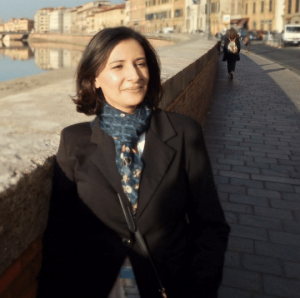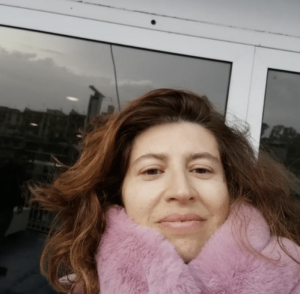The ‘Drive Confession:’ The Care of Souls in a Pandemic
 Daniela Tarantino is Lecturer at the University of Genoa, Italy
Daniela Tarantino is Lecturer at the University of Genoa, Italy
«These are almost unprecedented times in the longhistory of the Church. Future generations will look upon this time as the long one Lent of 2020». With these words begins the message that the president of the American Bishops’ Conference, Josè Gomez, addressed to all faithful at the beginning of the Easter triduum by announcing for GoodFriday, a day of national prayer to put an end to thepandemic caused by Covid- 19. «This Holy Week will be different. Our churchesmay be closed – concluded Gomez – but Christ isnot quarantined and his Gospel is not in chains.Even if we cannot celebrate together, each of uscan seek God in the tabernacles of our hearts» [1].
In fact, the current pandemic state limits severely gatherings and participation in liturgies and sacramentals. The Catholic Church has worked to find ways and times to answer to the Covid-19 emergency. In order to pursue the salus animarum– according to the “signs of the times” – the forms of exercise of the munera ecclesiae has been adapted, first of all those related to the munus sanctificandi, since they demonstrate the efforts to be close to the people of God, who demands of an ongoing “sociality” m that is wounded by the pandemic [2].


